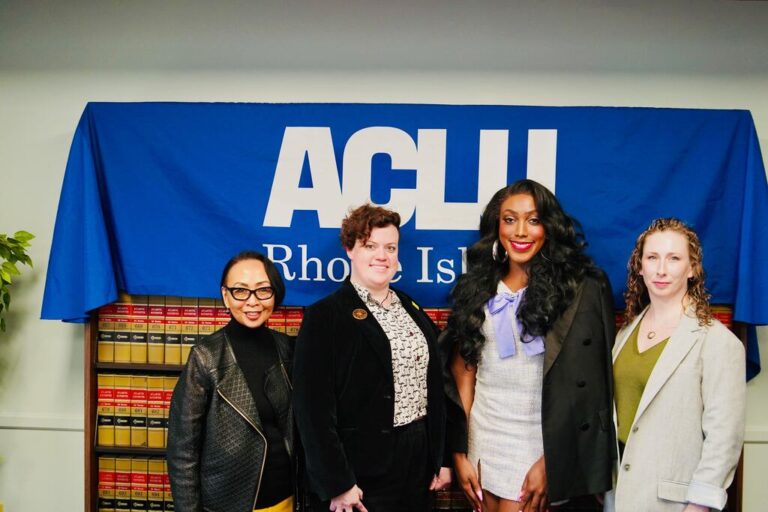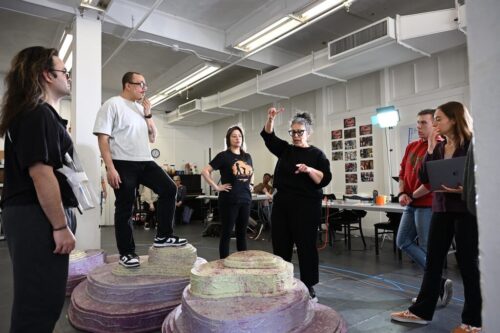PROVIDENCE – A federal judge in Rhode Island has held off on taking action against the National Endowment for the Arts as the agency considers whether to bar funding for artists whose work “promotes gender ideology,” as defined in an executive order from President Trump.
In an opinion issued on Thursday, US District Court Judge William E. Smith wrote that a preliminary injunction requested by the American Civil Liberties Union seeking to block the NEA from requiring applicants adhere to the executive order is “not in the public interest at this time.” The NEA has already rescinded plans to implement Trump’s order “pending further administrative review, which will conclude in a matter of weeks.”
Smith found the ACLU “demonstrated a likelihood of success” on its claims that such a requirement from the NEA violates the First and Fifth amendments as well as the Administrative Procedure Act. But the judge noted the lawsuit had been filed before the NEA said it would change course. The NEA is in the midst of evaluating whether it will adhere to the executive order – a process the NEA said it will complete by April 30.
“Notwithstanding the NEA’s pivot … Plaintiffs’ claims are not moot,” Smith wrote. “But due to the posture of the case, the Court finds that the balance of equities tips in Defendants’ favor and that an injunction is not in the public interest at this time.”
The ACLU filed the lawsuit on March 6 on behalf of Rhode Island Latino Arts; National Queer Theater; The Theater Offensive; and the Theater Communications Group.
Together, the groups sought a preliminary injunction ahead of an April 7 deadline for “Grants for Arts Projects,” the NEA’s semiannual grant program.
According to court filings, the NEA initially asked applicants in February to certify that if selected for funding, they will follow all executive orders and that grants provided “shall not be used to gender ideology,” in line with an order Trump signed in January.
The ACLU said Thursday that come April 30, the NEA “may retroactively apply the funding restriction to projects that have already been submitted.” Still, the organization noted Smith’s order “suggests any reimposition of the eligibility bar would be unlawful.”
“This opinion makes clear that the NEA cannot lawfully reimpose its viewpoint-based eligibility bar,” Vera Eidelman, senior staff attorney at the ACLU, said in a statement. “Though it falls short of the relief we were seeking, we are hopeful that artists of all views and backgrounds will remain eligible for the support and recognition they deserve in this funding cycle and beyond.”
Marta V. Martinez, executive director of Rhode Island Latino Arts, lamented the order “fails to bring us the clarity we need to apply for funds for projects that allow Latinx artists, especially those who are queer, trans, or nonbinary, to show up as their whole selves without fear of erasure of censorship.”
“Artistic freedom and equal dignity are fundamental to a just and vibrant society and despite today’s ruling, we will continue to create space for artists to tell their truths, challenge norms, and build bridges through their work,” Martinez said in a statement.
Emilya Cachapero, co-executive director of National and Global Programming at Theater Communications Group, said the group remains “steadfast in our commitment to the artists and theatres at the heart of this fight.”
“This moment is about more than a single grant cycle—it’s about the future of artistic freedom in this country,” Cachapero said in a statement. “We are disappointed in this decision but will continue to advocate for a theatre ecology where all voices—especially trans and nonbinary voices—are welcomed and celebrated.”
A spokesperson for the NEA did not immediately return a request for comment on Friday.




Comment count: